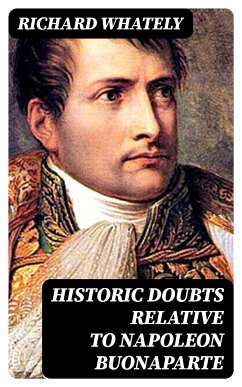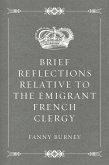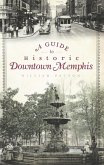In "Historic Doubts Relative To Napoleon Buonaparte," Richard Whately presents a compelling examination of the historical reliability surrounding one of history's most enigmatic figures. Written in a meticulous and often satirical literative style, Whately blends rigorous logic with rhetorical flair, dissecting the narratives constructed around Napoleon Bonaparte's life and legacy. Rooted in the context of early 19th-century debates on history and testimony, the book interrogates the reliability of historical accounts and the factors influencing public perception, challenging readers to critically assess the validity of widely accepted historical truths. Richard Whately, a prominent theologian and logician, was deeply engaged with the intellectual currents of his time, infused by Enlightenment rationalism and a burgeoning skepticism towards dominant narratives. His academic background and roles as a scholar in the Church of Ireland equipped him with the tools to dissect the methodologies of historiography, and may have influenced his inclination to scrutinize the motives behind historical storytelling, particularly regarding illustrious personalities like Napoleon. This book is essential for anyone interested in historiography, the philosophy of history, or the figure of Napoleon himself. Whately's challenging arguments and engaging style invite readers to reconsider accepted narratives, making it a valuable contribution to the discourse on history and the legacy of one of its most controversial figures.
Dieser Download kann aus rechtlichen Gründen nur mit Rechnungsadresse in A, B, BG, CY, CZ, D, DK, EW, E, FIN, F, GR, H, IRL, I, LT, L, LR, M, NL, PL, P, R, S, SLO, SK ausgeliefert werden.









